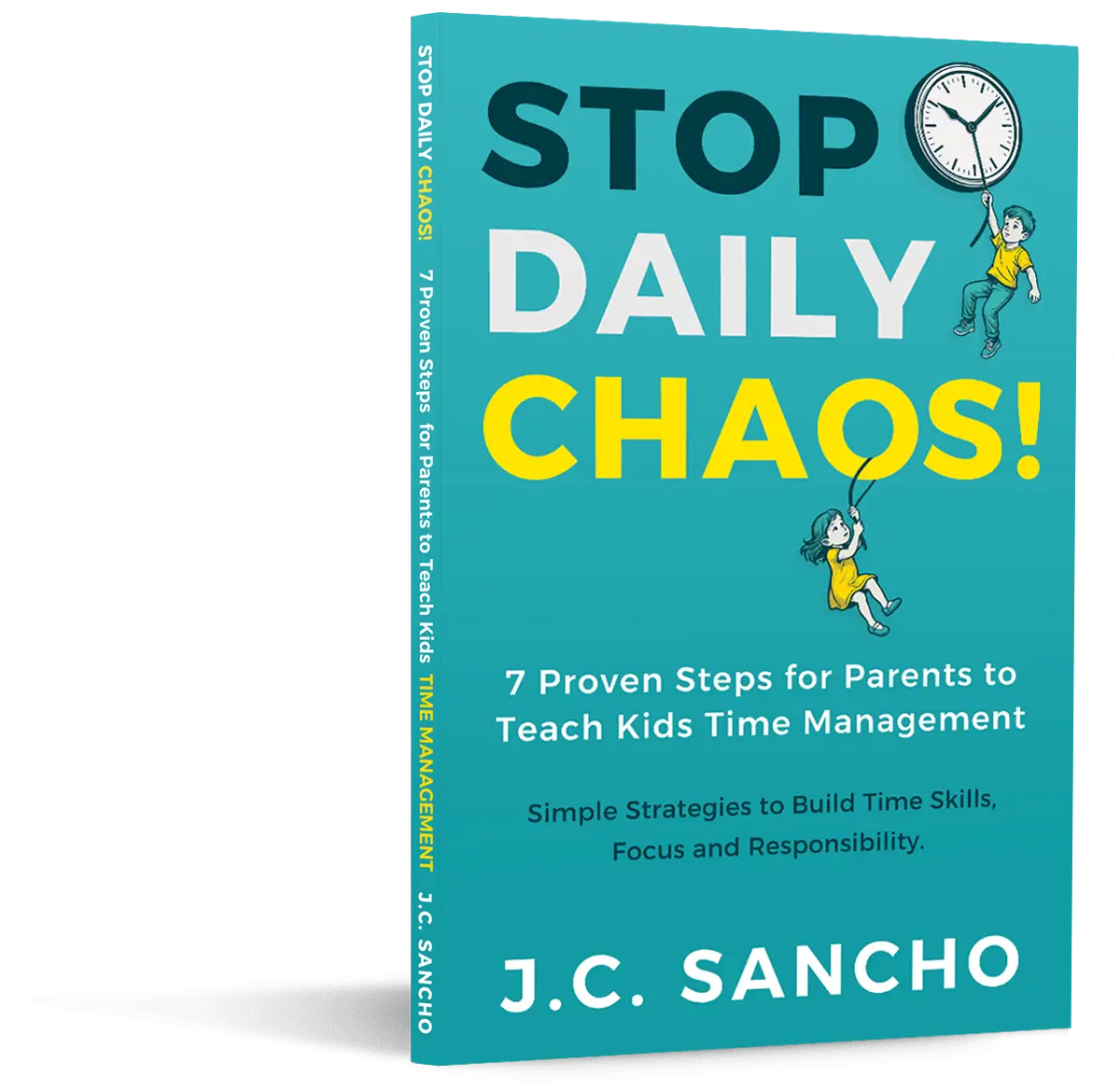Scripts for Tantrums: Gentle Parenting Responses That Work
When your child throws a tantrum, it’s like being in the eye of an emotional storm. Their feelings are swirling around them, and they’re struggling to make sense of their world. It can be equally challenging for you as a parent, watching helplessly as your child grapples with emotions they don’t yet fully understand. But what if there were scripts for these tantrums? Scripts that encapsulate gentle parenting responses designed to help both you and your child navigate these turbulent waters?
There’s no doubt that tantrums kids throw can be trying for parents. However, these outbursts provide a unique opportunity to teach children how to handle their emotions healthily and constructively. The key lies in our response as parents – not simply reacting, but responding thoughtfully and gently.
Gentle parenting is about understanding, empathy, and respect. It acknowledges that children have a right to their feelings and teaches them how to express those feelings appropriately. Scripts for handling tantrums offer practical ways to put this philosophy into action.
The following sections explore why children throw tantrums, how gentle parenting approaches can help, and provide some useful scripts you can use when facing these challenging situations.
Understanding Your Child’s Tantrums
A tantrum is more than just a loud outburst or stubborn refusal to comply with instructions. It’s a sign of frustration or distress that your child doesn’t know how to handle. Children lack the emotional maturity adults possess; they don’t understand their feelings or know how to control them effectively.
Often, tantrums occur because a child feels overwhelmed by their emotions or because they’re unable to communicate what they need or want effectively. They may also be tired, hungry, or overstimulated, or they may simply be trying to assert some control over their environment.
Understanding the root cause of your child’s tantrum can help you respond more effectively. Instead of viewing the tantrum as a problem to be solved, see it as an opportunity to teach your child valuable emotional skills.
Remember that your child isn’t giving you a hard time; they’re having a hard time. They need your understanding and patience, not punishment or criticism. Gentle parenting is about guiding children towards better behaviors, not forcing them into compliance.
Applying Gentle Parenting Techniques
Gentle parenting doesn’t mean allowing children to do whatever they want without consequences. It means setting clear boundaries and expectations while treating children with respect and understanding. It’s about empathizing with their feelings, helping them understand those feelings, and teaching them how to express those feelings appropriately.
When a tantrum occurs, rather than reacting in anger or frustration, try responding with calmness and compassion. This approach not only deescalates the situation but also models appropriate emotional responses for your child.
Your response should acknowledge your child’s feelings without condoning inappropriate behavior. For example, instead of saying “Stop crying,” say something like “I can see that you’re upset because you can’t have the toy right now.”
This type of response validates your child’s emotions while reinforcing the fact that their behavior — not their feelings — is the issue. It sends the message that it’s okay to feel upset or frustrated, but it’s not okay to scream or hit when we feel this way.
Scripts for Handling Tantrums
Scripts offer a practical way to apply gentle parenting techniques during tantrums. They provide a roadmap for navigating these challenging situations with empathy and understanding.
Here are a few examples of scripts you might use:
Script 1: “I can see that you’re really upset right now. It’s okay to be upset, but it’s not okay to throw things. Let’s try to calm down together.”
Script 2: “You seem frustrated because you can’t get your shoes on. That can be hard. Would you like some help?”
Script 3: “You’re angry because it’s bedtime and you want to keep playing. I understand that feeling. But we have rules about bedtime, and it’s important to get enough sleep.”
Script 4: “I hear that you don’t want to leave the park yet. It’s so much fun here! But we need to go home for dinner now. We can come back another day.”
The Power of Empathy in Gentle Parenting
In all these scripts, the underlying principle is empathy – understanding and sharing your child’s feelings. By empathizing with your child, you validate their emotions, which helps them feel heard and understood.
This validation can diffuse the intensity of the tantrum and open up opportunities for teaching emotional intelligence. When children feel understood, they’re more likely to listen and learn.
Gentle parenting is not just about managing behavior; it’s about nurturing emotional growth. And while it may not always prevent tantrums from happening, it will give your child the tools they need to handle their emotions more effectively in the future.
A Reflective Pause
Tantrums are a part of childhood — an often messy, loud part that tests our patience as parents — but they’re also an opportunity. Through tantrums, kids are telling us they need help navigating their emotions. Our role is not to suppress these emotional outbursts but to guide our children through them.
Scripts for handling tantrums offer a tangible way to apply the principles of gentle parenting. They provide a framework for responding with empathy and understanding, rather than reacting in frustration or anger.
However, these scripts are not magic words that will instantly calm a raging tantrum. Their true power lies in the values they represent — empathy, respect, and understanding. And it’s these values that will ultimately shape your child’s emotional growth.
Gentle parenting is challenging. It requires patience, self-control, and a deep understanding of your child’s needs and feelings. But its rewards are profound. By choosing to respond gently to your child’s tantrums, you’re teaching them more than just how to behave – you’re teaching them how to understand and manage their emotions, which is a skill that will serve them well throughout their lives.



